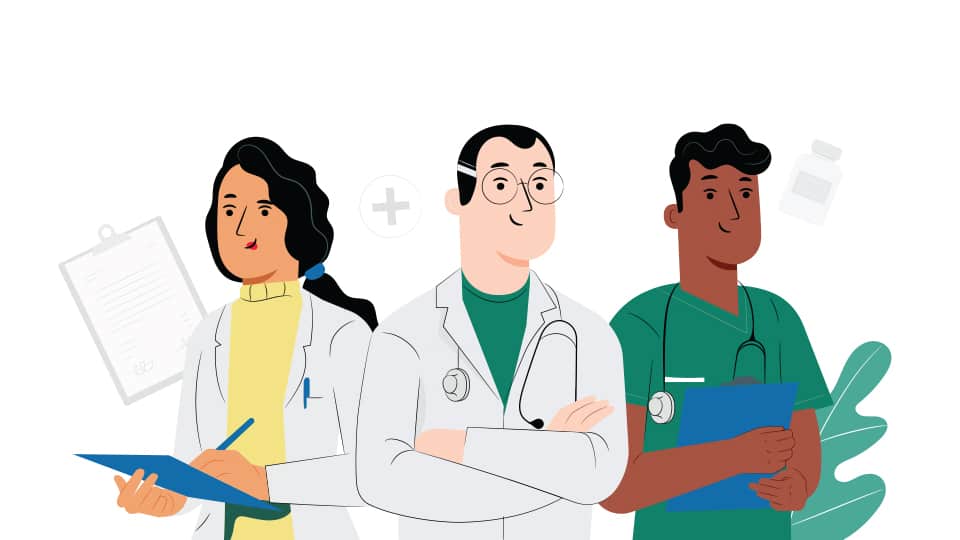LDL-cholesterol (bad cholesterol)

Question:
A medical check has revealed that I have high good and bad cholesterol. I would like to know what I should do to change my eating habits and lifestyle so that I can lower the bad cholesterol level.
Answer:
Elevation in LDL-cholesterol (bad cholesterol) translates to a higher risk of cardiovascular diseases, such as heart disease and stroke. The aim in treating raised cholesterol levels would be to lower the LDL-cholesterol, raise the HDL (good cholesterol) and lower triglycerides to normal. Of the three, lowering the LDL is the most important in the prevention of cardiovascular diseases.
To lower cholesterol, a person should adopt a healthy diet, exercise regularly, and maintain a healthy weight.
Diet modification tends to help people lower triglycerides and raise good HDL-cholesterol, but it is less likely to have a huge impact on bad LDL-cholesterol. You should avoid foods high in saturated fat and cholesterol. These include foods like egg yolks, fatty meats, and full-fat dairy products.
Trans- fats which are often found in fried and processed foods should also be avoided. Certain foods, eaten in moderation, can improve your cholesterol levels. They include fatty fish (tuna and salmon), green vegetables, nuts (walnuts and almonds), oats, and garlic. Nevertheless, these foods have not been shown to raise HDL-cholesterol levels significantly.
Other effective ways to lower LDL-cholesterol and increase HDL-cholesterol are losing weight if you are overweight, exercising frequently and consistently, and cessation of smoking if you smoke.
If lifestyle changes do not lead to adequate lowering of LDL-cholesterol to your target goal, you may need to take cholesterol lowering medications.



